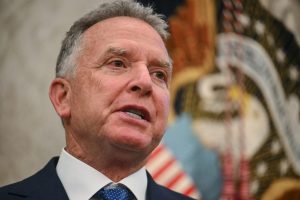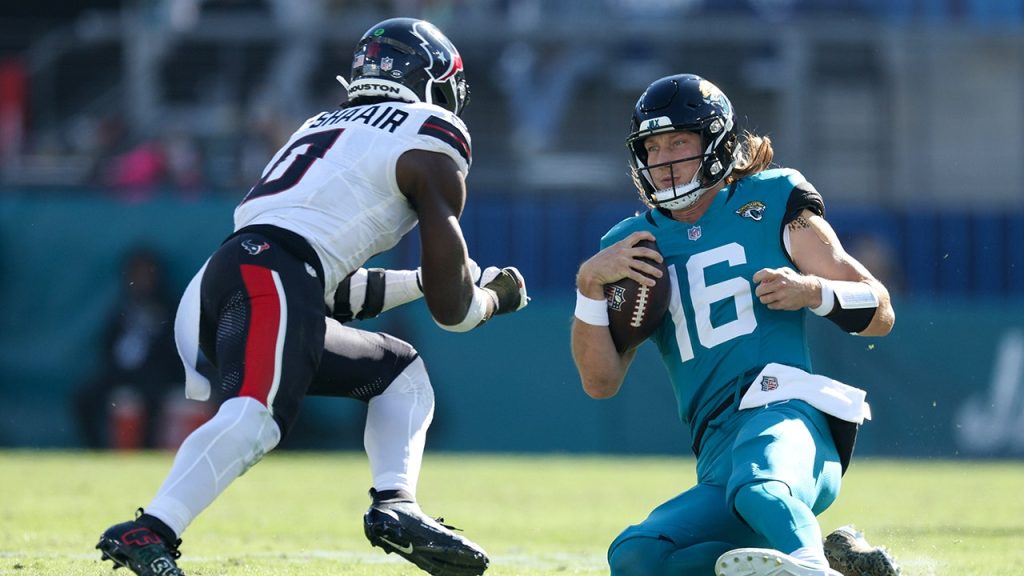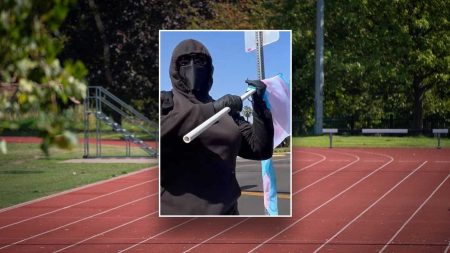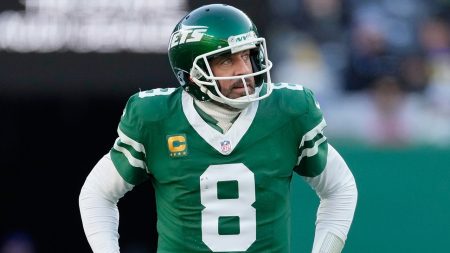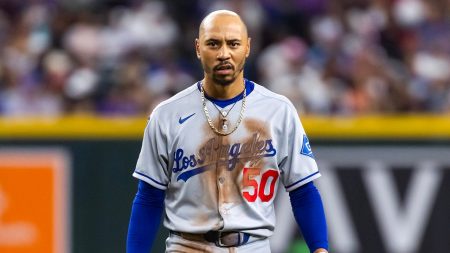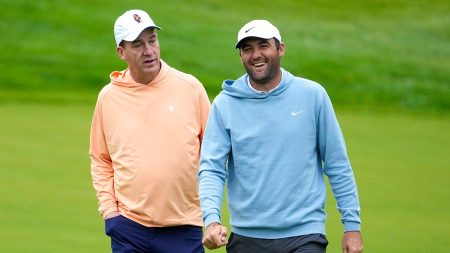The recent clash between the Jacksonville Jaguars and the Houston Texans was not just a typical matchup; it was marred by a controversial play that left Jaguars quarterback Trevor Lawrence sidelined with a concussion. The incident occured when Lawrence, while attempting to slide during a scramble, was hit violently around the head and neck by Texans linebacker Azeez Al-Shaair. This aggressive tackle not only led to Lawrence’s exit from the game but also ignited a heated confrontation on the field, resulting in the ejection of both Al-Shaair and Jaguars cornerback Jarrian Jones. Additionally, tight end Evan Engram was penalized for unnecessary roughness as he rushed to defend his quarterback, highlighting the emotional investment players have in the welfare of their teammates.
Engram expressed his immediate reactions to Al-Shaair’s hit, characterizing it as “dirty”. He felt compelled to take action in defense of Lawrence, stating that it was instinctual given the circumstances. His sentiment was shared by many teammates, including defensive end Josh Allen-Hines, who criticized the nature of the hit. While Allen-Hines refrained from calling for Al-Shaair’s suspension, he did emphasize that the hit was reckless and did not align with the current understanding and regulations surrounding player safety. The hit, which may have been acceptable in previous years, shed light on the evolving standards of conduct expected in the game, particularly when it comes to protecting quarterbacks.
Head coach Doug Pederson condemned the play during his post-game remarks, describing it as a type of incident the league does not want to see. He emphasized the ongoing efforts to enhance player safety and expressed confidence that the NFL would respond with fines to those involved in the melee. Meanwhile, Texans head coach DeMeco Ryans acknowledged the gravity of the hit and its repercussions for his team. He aimed to clarify that such aggressive manoeuvres were not aligned with the coaching philosophy espoused within the Texans organization, underscoring the need for players to act wisely, especially when it comes to tackling a vulnerable quarterback.
The aftermath of the incident raised issues surrounding player safety and the responsibilities athletes have on the field. As the league strives to mitigate head injuries and protect players, this particular play stands as a stark reminder of the dangers inherent in football. The emotional reactions of the players and coaching staff further illustrate the deep-seated ethics of team camaraderie and protecting fellow athletes from serious harm. Engram’s actions in standing up for Lawrence exemplify the fierce loyalty players hold towards one another, especially in situations where a teammate’s well-being is jeopardized.
Houston’s victory over the Jaguars, with a final score of 23-20, was overshadowed by the events surrounding Lawrence’s injury. The loss not only impacted the Jaguars’ standing in the league but also highlighted the fragility of player health in high-stakes games. Players, fans, and coaching staff alike watch with apprehension as injuries can derail seasons and careers alike. Incidents like these amplify the ongoing conversation about how to maintain the fierce competitive spirit of the sport while ensuring safety remains paramount.
As the NFL prepares to take action following the game, including potential fines and further reviews of player conduct, the Jaguars will look to regroup from this loss and the broader implications of Lawrence’s injury. The incident serves as a pivotal moment, raising awareness and catalyzing discussions about accountability on the field. While football remains a contact-heavy sport, the league’s commitment to protecting players’ health will continue to shape how the game is played. As the Jaguars navigate the consequences of this recent match, the emphasis will invariably shift towards not only player recovery but also improving the overall safety culture in the sport.

